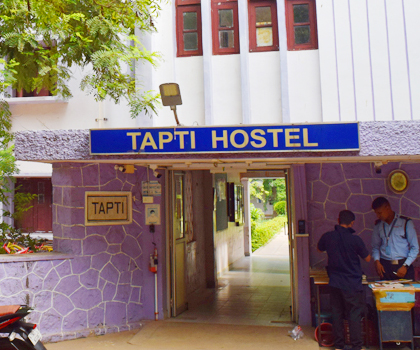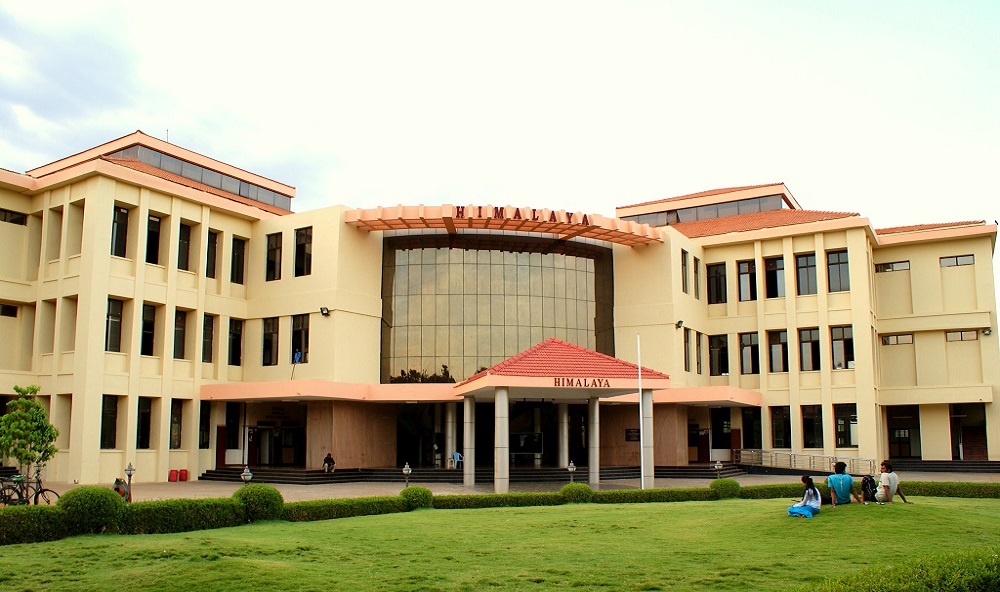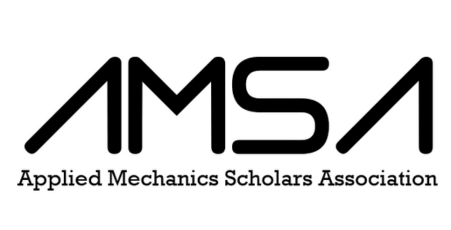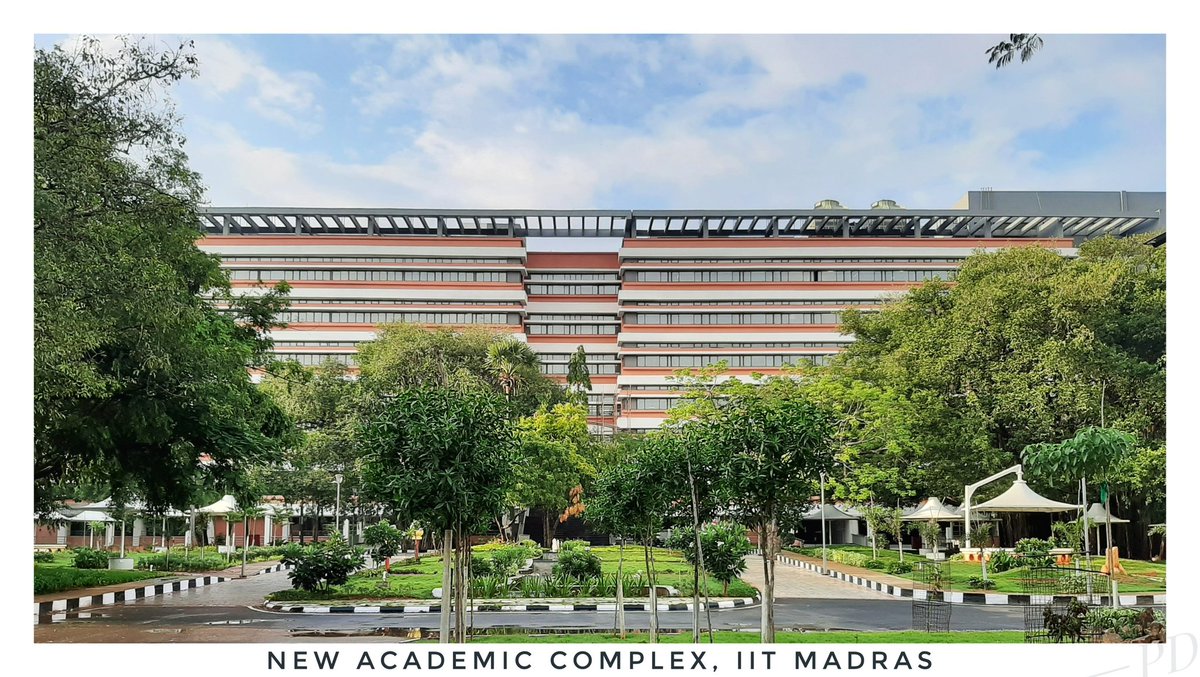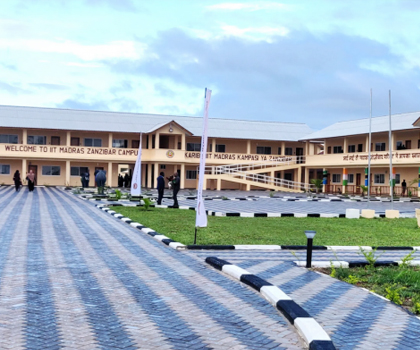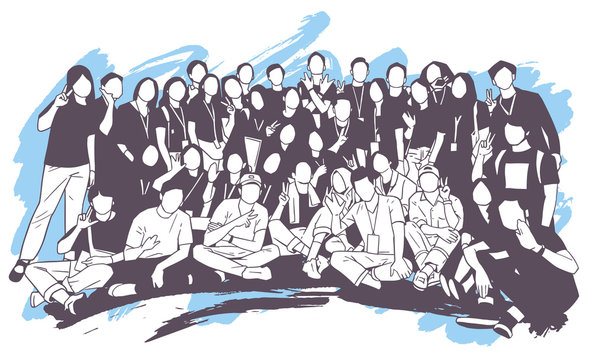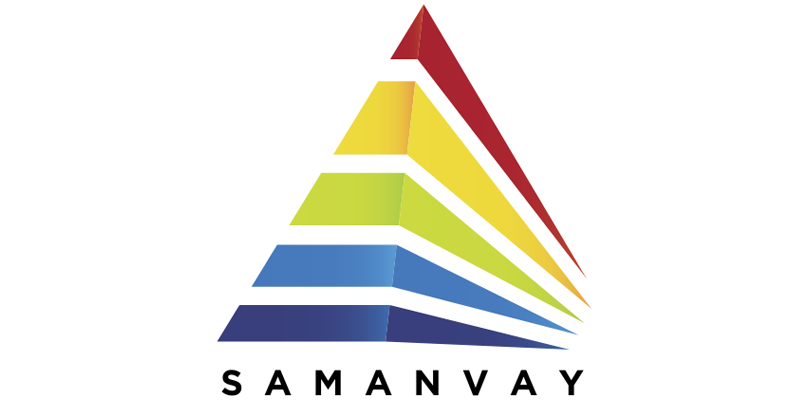Description
About the Cause1.0 Introduction:
Robotics has been at the
2.1 Objective and focus
The objective of the dual degree program will be to nurture and develop the next‐generation professionals in the area of robotics who can contribute in the design, development, and implementation of robotic systems in the industry and help the industry to improve their productivity, leading to the overall economic growth of the country.
The dual degree program in Robotics will be having its focus on Design, Analysis, and Application development (new system development). The curriculum has been developed with this focus and students in all the disciplines can opt for this dual degree at the end of 5th Semester.
Hands‐on experience is a vital component in learning robotics. Keeping this in mind, a laboratory course has been proposed in the curriculum. The laboratory experiments will give practical exposure
The curriculum for Inter-Disciplinary Dual Degree Program in Robotics specifies a laboratory course of 6 credits in the 9th semester. The laboratory experiments will give the necessary hands-on-experience as well the practical exposure
1. Sensors and Actuators: Integration of various types of sensors, programming, data analysis
2. Serial Manipulators
3. Parallel Manipulators: Forward/Inverse kinematics, singularity analysis, Path planning
4. Wheeled Mobile Robots: Design, control, motion planning
5. Robotic vision system: Programming, image processing, obstacle detection
6. Underwater robots: Design, modelling and simulation
7. Aerial Robots: design, control, programming (fixed wing/flapping wing/VTOL)
8. Robot calibration: Calibration of industrial robots
9. Surgical robots: Haptic system, RCM design
10.Team Projects ( 3 sessions)
Laboratory space of approximately 1800 Sq. feet is needed for setting up the facility.
|
Furniture |
5 Lakhs |
|
Computers and other peripherals |
10 Lakhs |
|
Serial robot arm |
15 Lakhs |
|
Parallel robot arm |
15 Lakhs |
|
Mobile manipulator |
15 Lakhs |
|
Haptic system |
5 Lakhs |
|
Mobile robots |
10 Lakhs |
|
Aerial Robot |
10 Lakhs |
|
Robot building kits |
10 Lakhs |
|
Misc. Items (microcontrollers, power supply, oscilloscope, sensors) |
5 Lakhs |
Total |
Rs 100.00 lakhs |
Robotics Teaching Lab
- No.of Donors : 4








